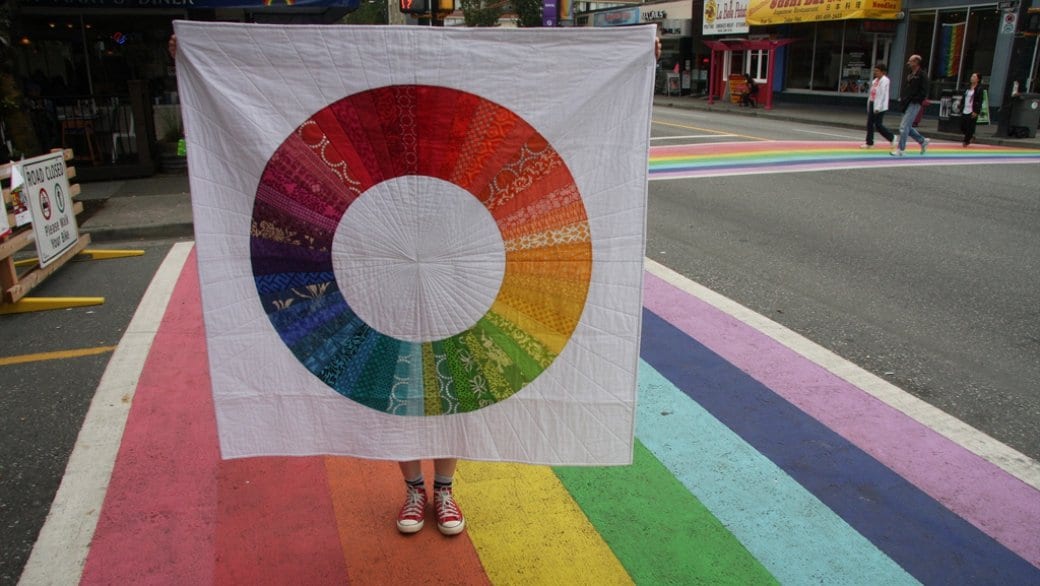A group that helps LGBT asylum seekers find safety in Canada is now asking the federal government to set up a permanent, expedited pathway for queer and trans refugees.
Since 2000, Rainbow Refugee has helped LGBT people who have arrived in Canada secure refugee status and settle in their new home. The group expanded five years ago to run a pilot project where small groups can bring in queer refugees from abroad.
Now, after processing 58 refugees, the group is asking Justin Trudeau’s Liberals to make the program permanent.
“Our goal through this is to really get people in Canada’s queer and trans communities actively engaged in refugee work. In doing that, it builds local support and understanding of refugee work and protection,” says Sharalyn Jordan, a Rainbow Refugee board member.
In 2011, Rainbow Refugee started assembling private-sponsor groups of five or more and connecting them with refugees already living in exile from countries like Iran, Russia and Congo. The group agrees to emotionally and financially support one refugee or a couple for a year.
Stephen Harper’s federal government provided funding to Rainbow Refugee and extended the partnership twice, with its current contract ending in March 2017. In February, the Liberals pointed to the group as an example of how concerned Canadians could sponsor LGBT Syrians.
While the group has processed 16 Syrians over the past five years, its executives are quick to note that more than 80 countries around the world still persecute or jail queer people.
That’s why the group is asking people to write to Canada’s Minister of Immigration, Refugees and Citizenship and their members of Parliament to get the program formalized as a permanent option for resettling LGBT people.
Rainbow Refugee has established permanent chapters to take in multiple refugees in Victoria, Vancouver, Toronto, Ottawa and Halifax, while smaller Prairie communities have welcomed single individuals seeking asylum.
“We’ve had really, really positive, enthusiastic response from communities across Canada,” Jordan says.
But the process isn’t easy. Applications usually take a year to process — and while the group expects another federal extension, it technically can’t guarantee it will be running 12 months from now.
And Canadians can’t sponsor people until they’ve already left their country and have registered with the United Nations.
Rainbow Refugee’s co-founder says that means Ugandans escaping discrimination turn to Kenya, where anti-gay mob attacks were reported last year, while Afghanis flee to Pakistan, which is hardly safer for queer people.
“People are highly at risk in these countries, and processing times are far too slow,” says Chris Morrissey, co-founder of Rainbow Refugee. For more than six months, her group funded an apartment for a lesbian to keep her in a safe area as Canada slowly processed her claim. During the long delays, another Western country ended up stepped in and resettling her.
That’s why the group is also asking the government to expedite privately sponsored LGBT people.
Under a separate program, Canadian visa offices abroad identify the most vulnerable people they come across and pass on lists to government-approved sponsorship organizations. Those people, such as LGBT people or widows with children, are fast-tracked for resettlement because they are identified as living in the most danger.
Morrissey wants the same timeline applied to the LGBT people her group has identified abroad.
“We want people who apply through this blended program to be recognized as highly at-risk vulnerable people who need to have the process expedited.”
For information on sponsoring an LGBT refugee, visit rainbowrefugee.ca

 Why you can trust Xtra
Why you can trust Xtra


